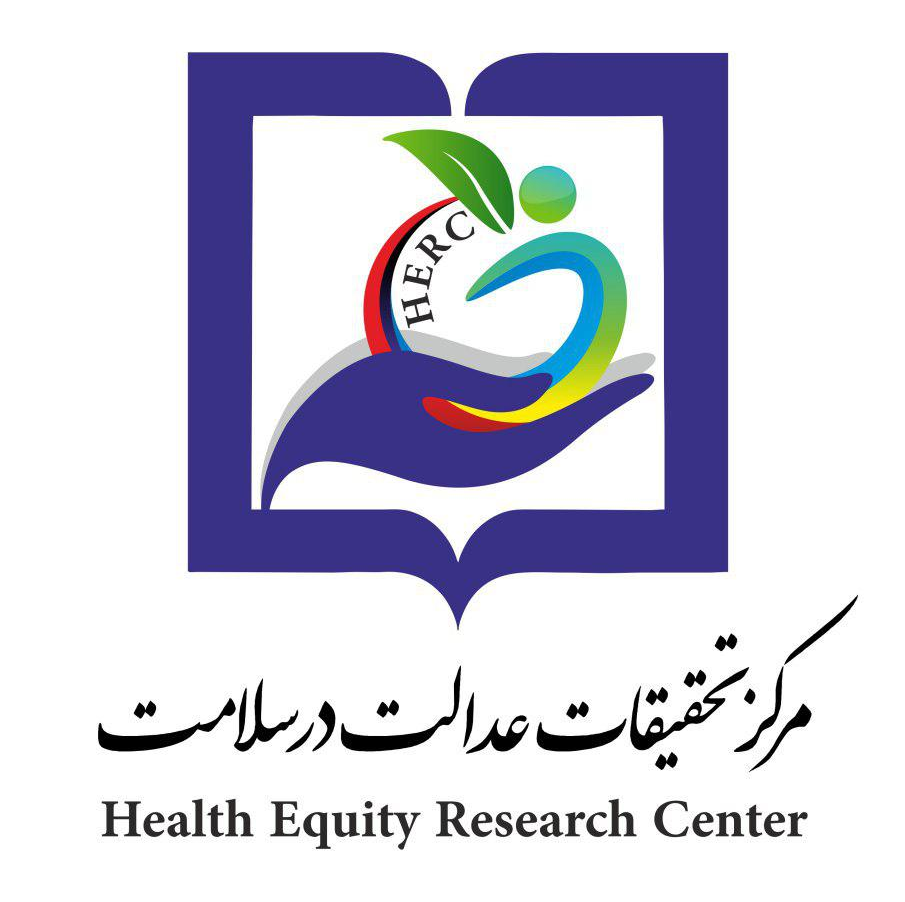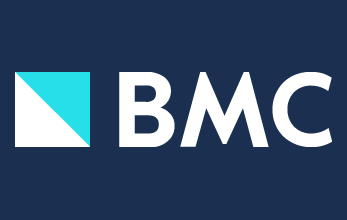Background
Oral public health services are included in primary healthcare. Although oral diseases are preventable, improving oral health has become a concern in many countries. Evidence shows that functioning insurance coverage can significantly increase the use of dental health services, improve quality of services, and reduce financial barriers to utilization. Little evidence exists on households’ preferences for dental insurance in Iran. This study seeks to identify the households’ preferences for dental insurance in Tehran-Iran.
Method
This is a qualitative study. We interviewed 84 participants who visited selected public and private dental clinics in Tehran-Iran, from October 2018 until January 2019. All interviews were recorded and transcribed verbatim. We used a mixed inductive/deductive approach for thematic analysis of the interviews.
Results
We identified two main themes and 12 sub-themes: pecuniary attributes (insurance premium, coinsurance, insurance coverage granted, discounting option, reimbursement of expenses), and non-pecuniary attributes (notification status, ethical issues, benefits package, contract providers with health insurance, quality of service centers, administrative process, and dental insurance scheme).
Conclusion
Our participants considered both pecuniary and non-pecuniary attributes for choosing a dental insurance package. Our findings could help, we envisage, policymakers understand Iranian households’ preferences for a dental insurance scheme that they afford to buy.



No responses yet